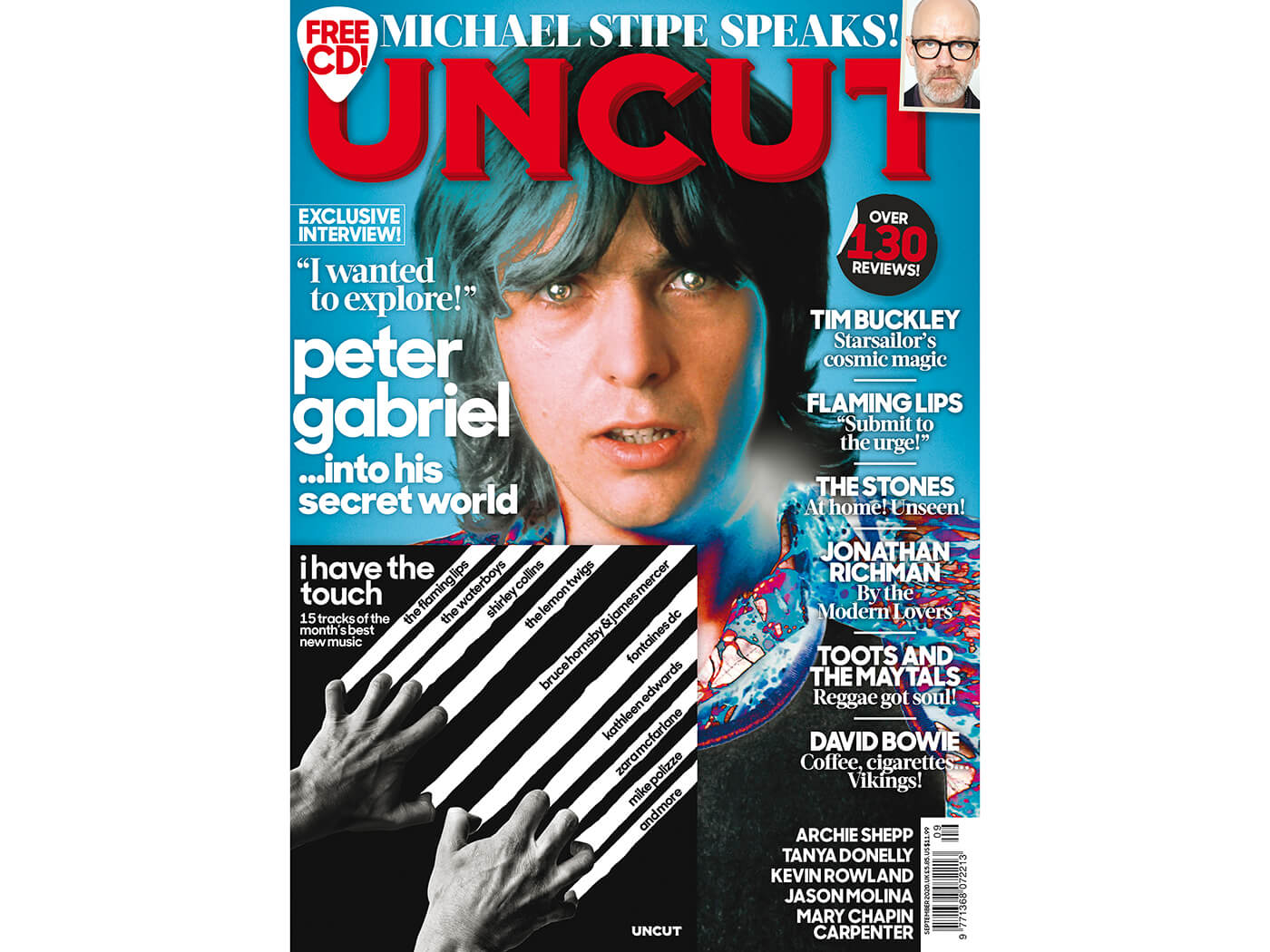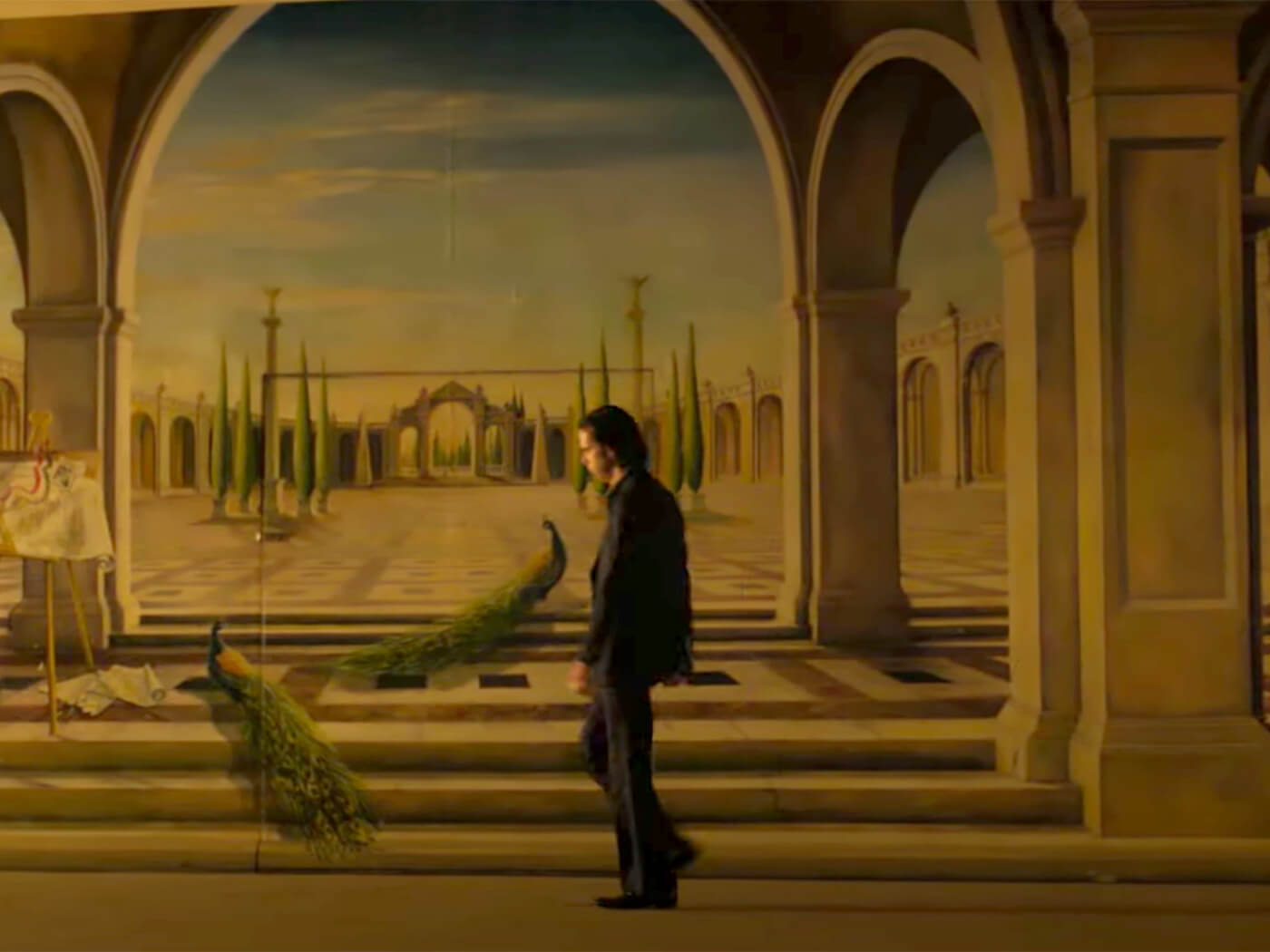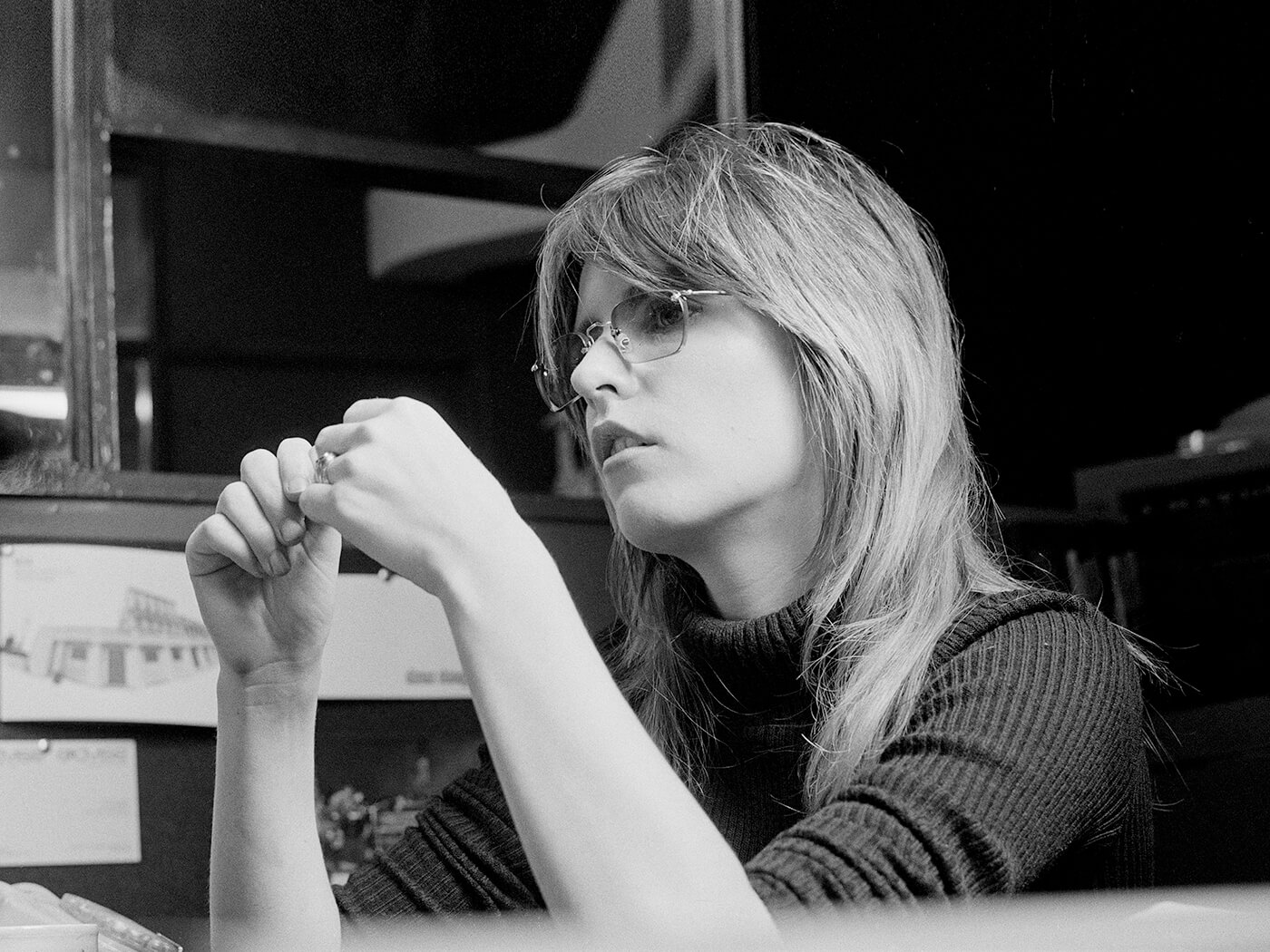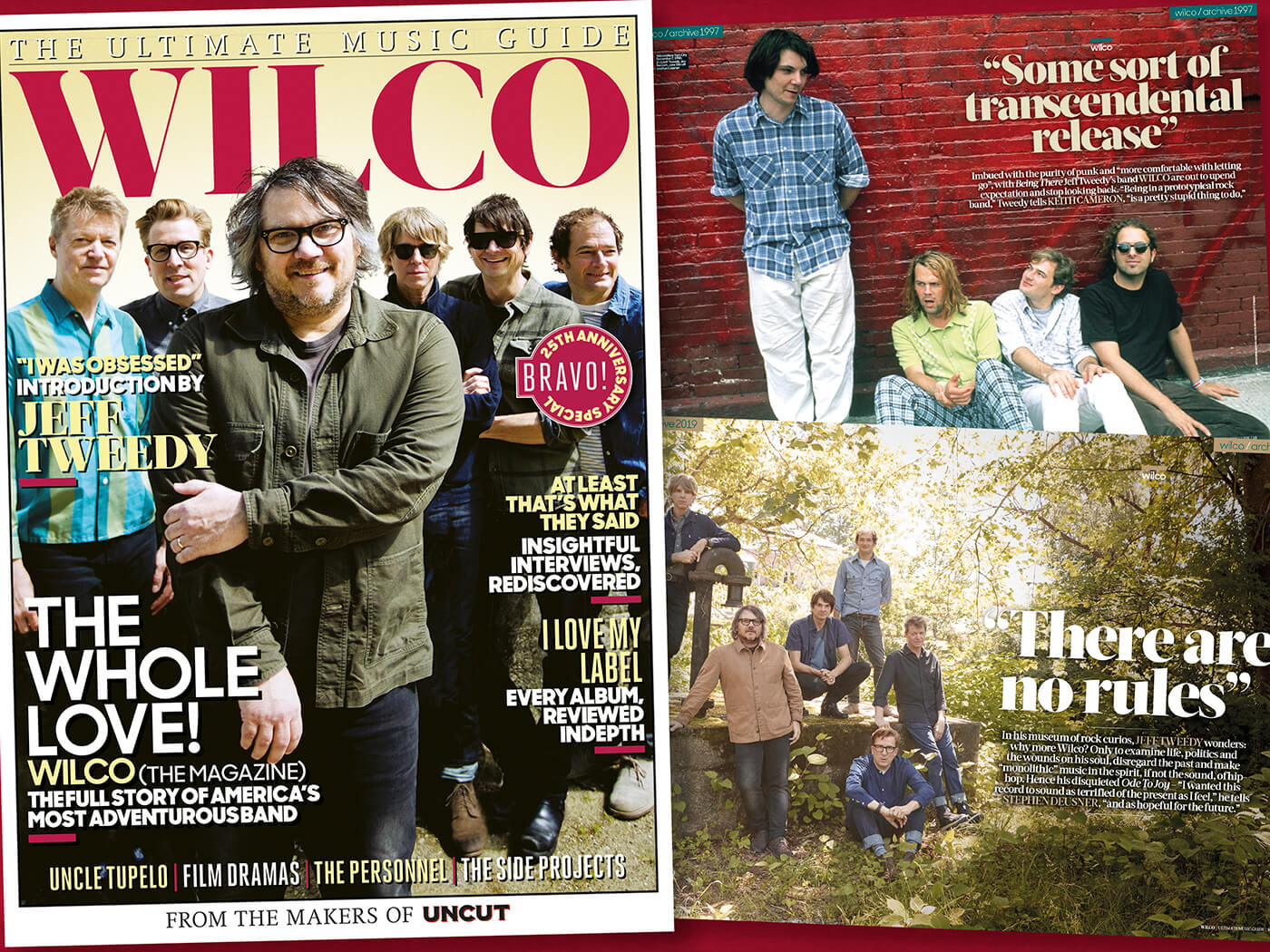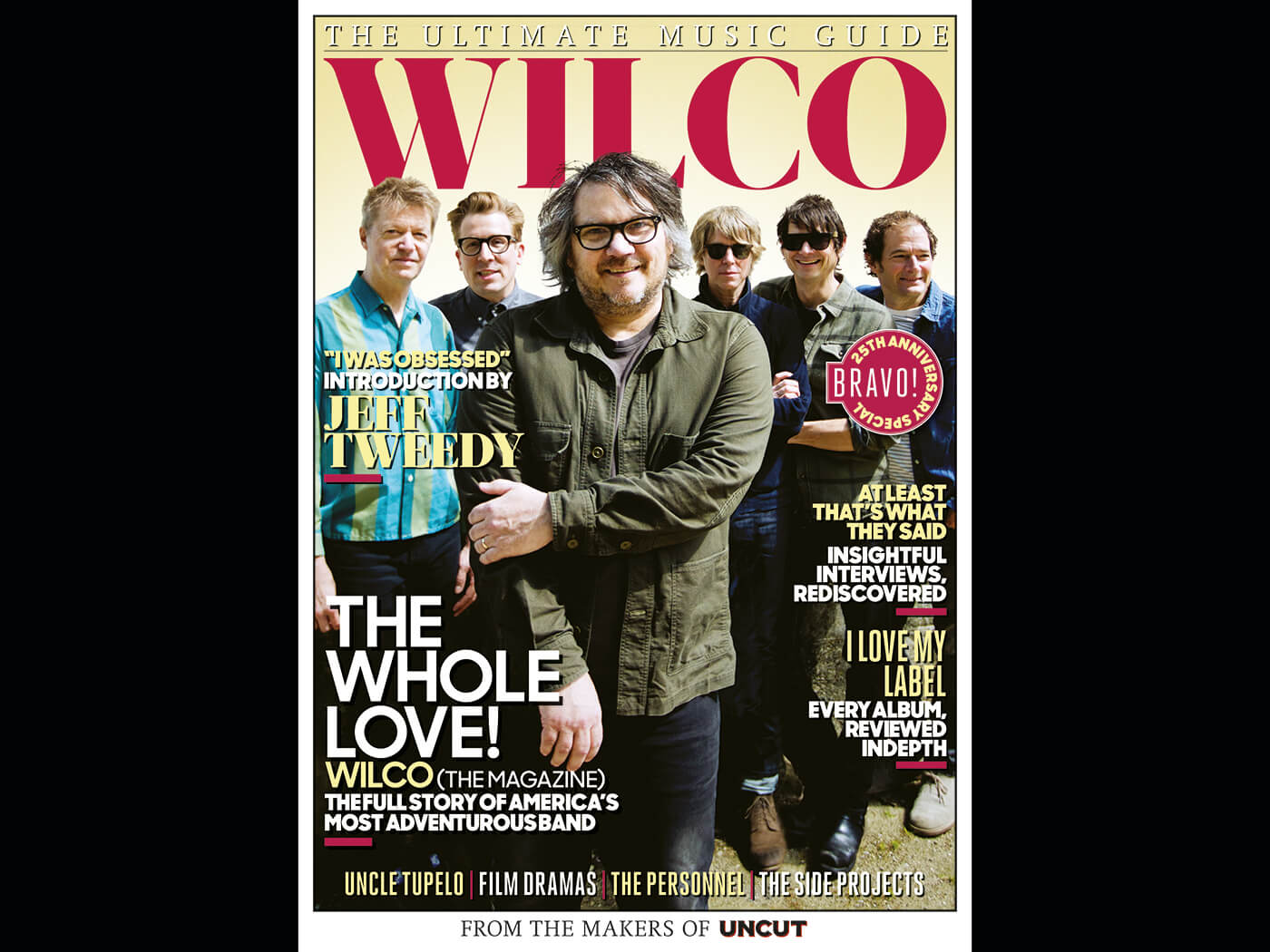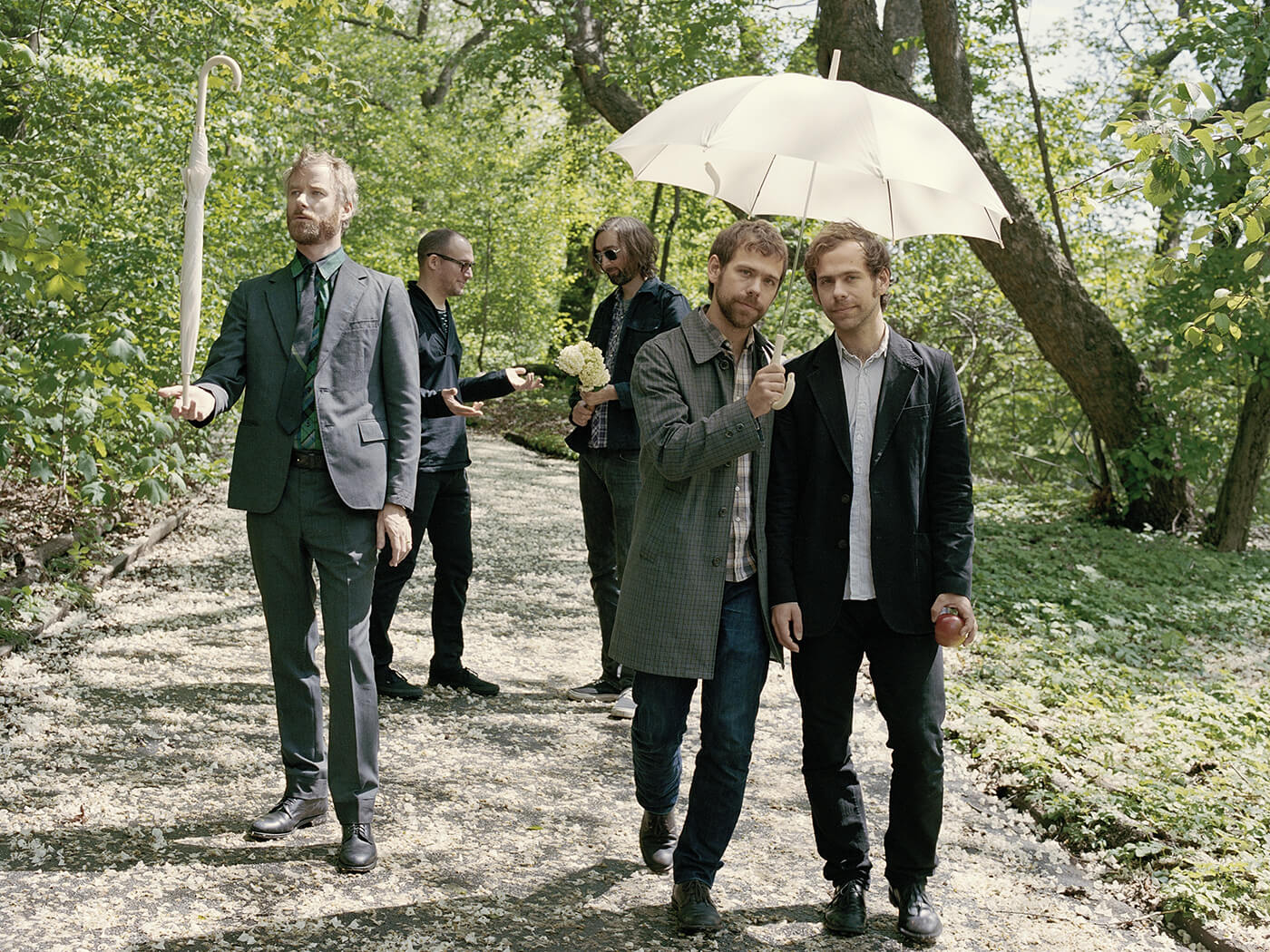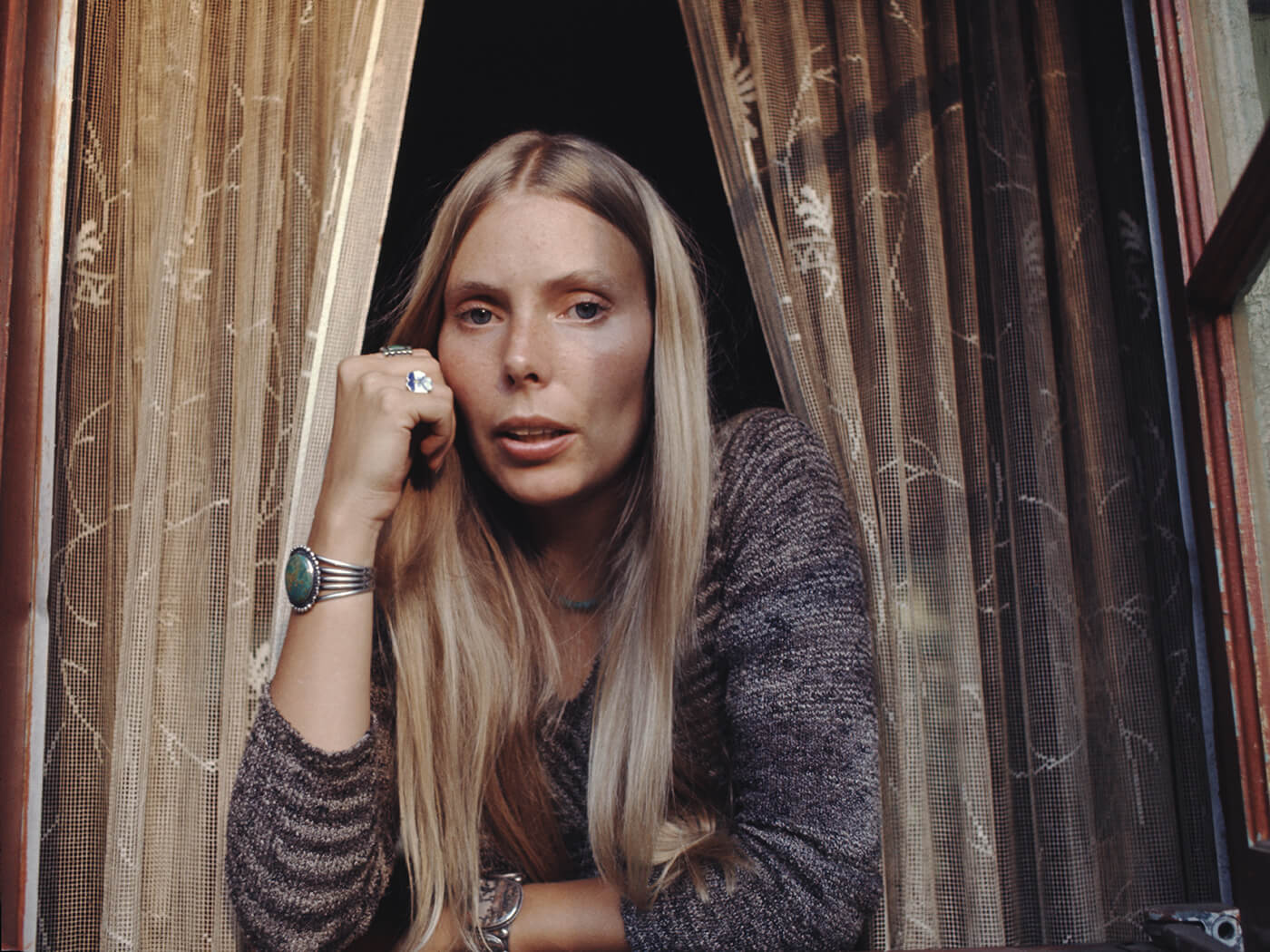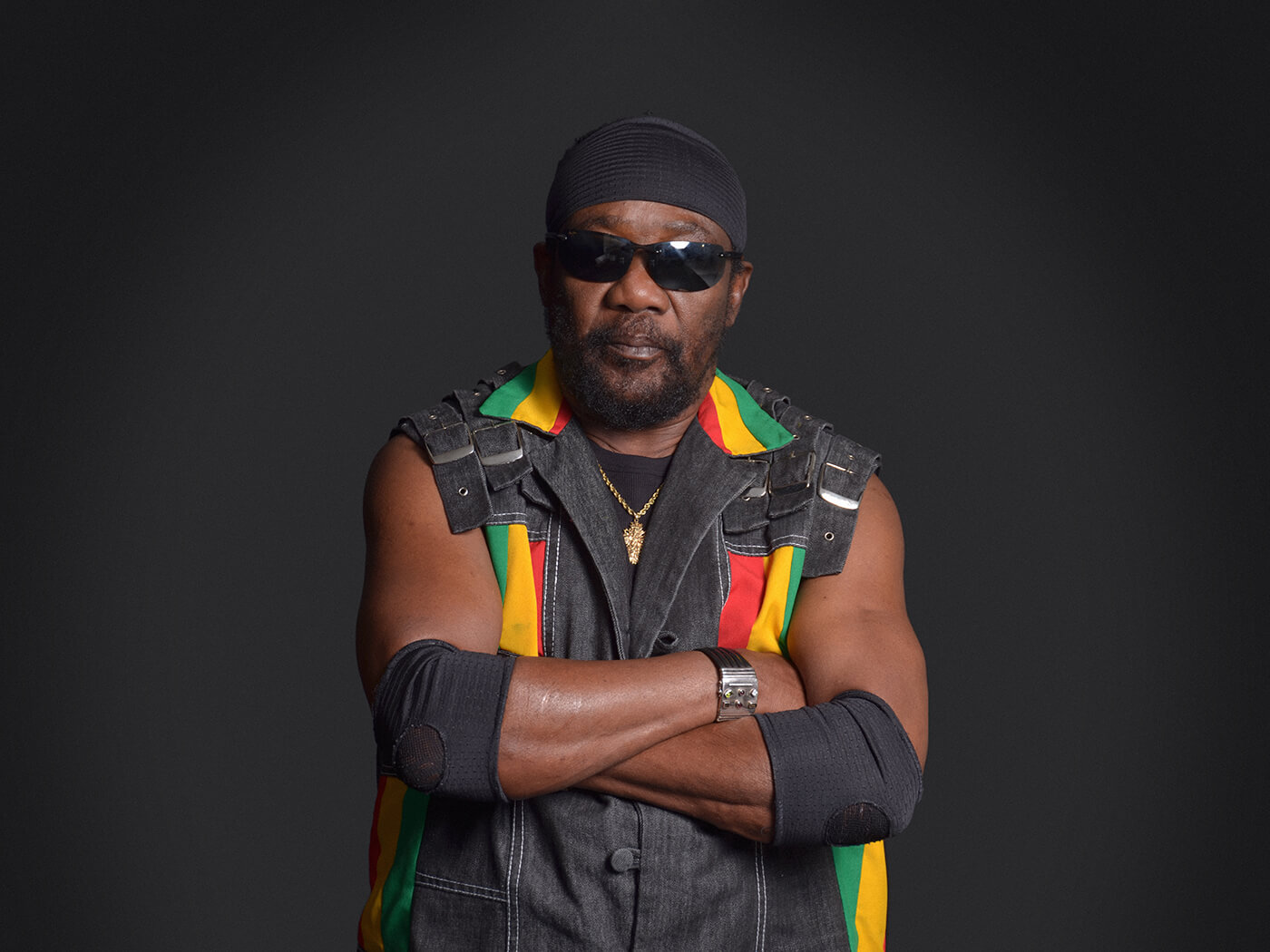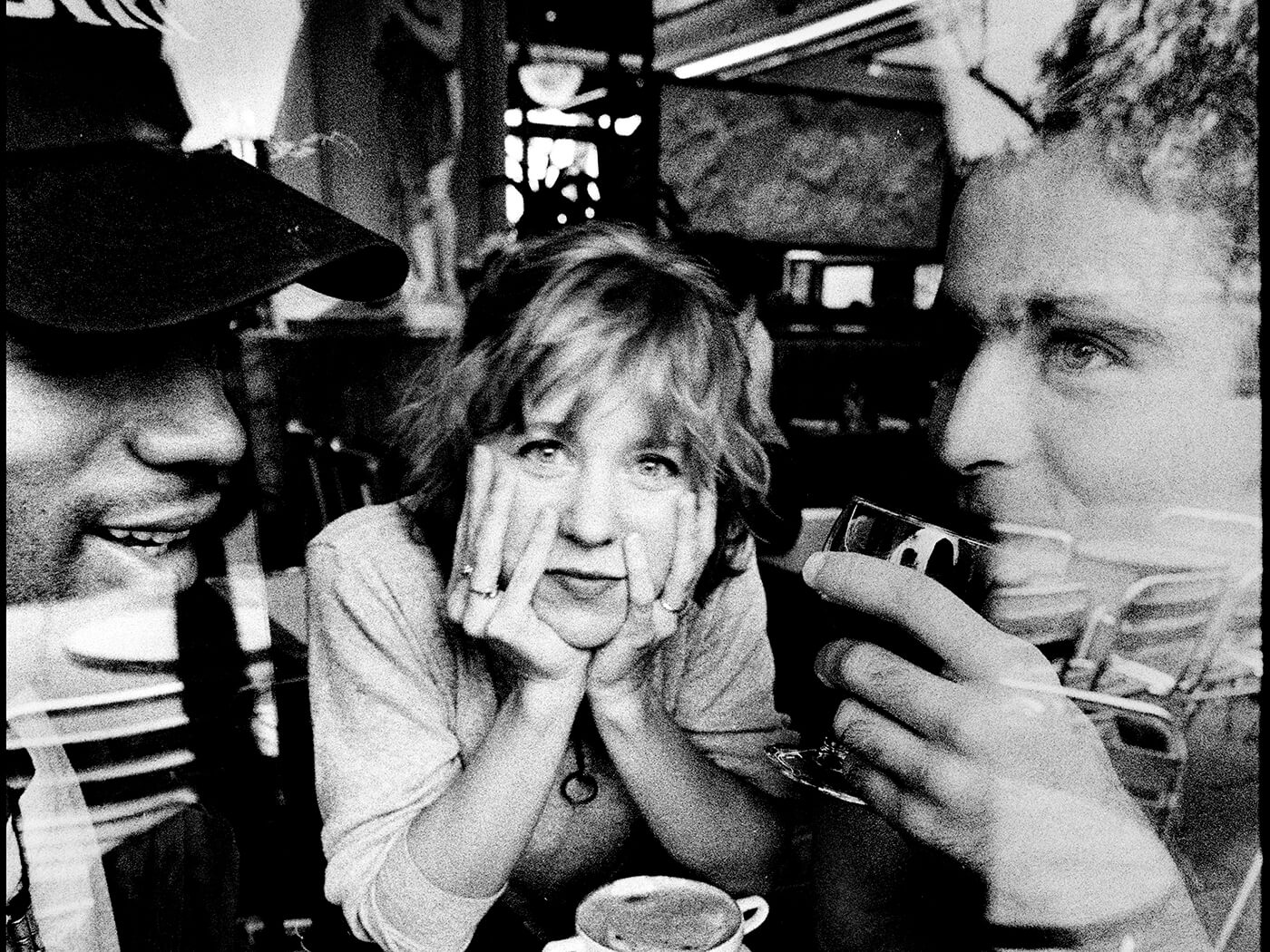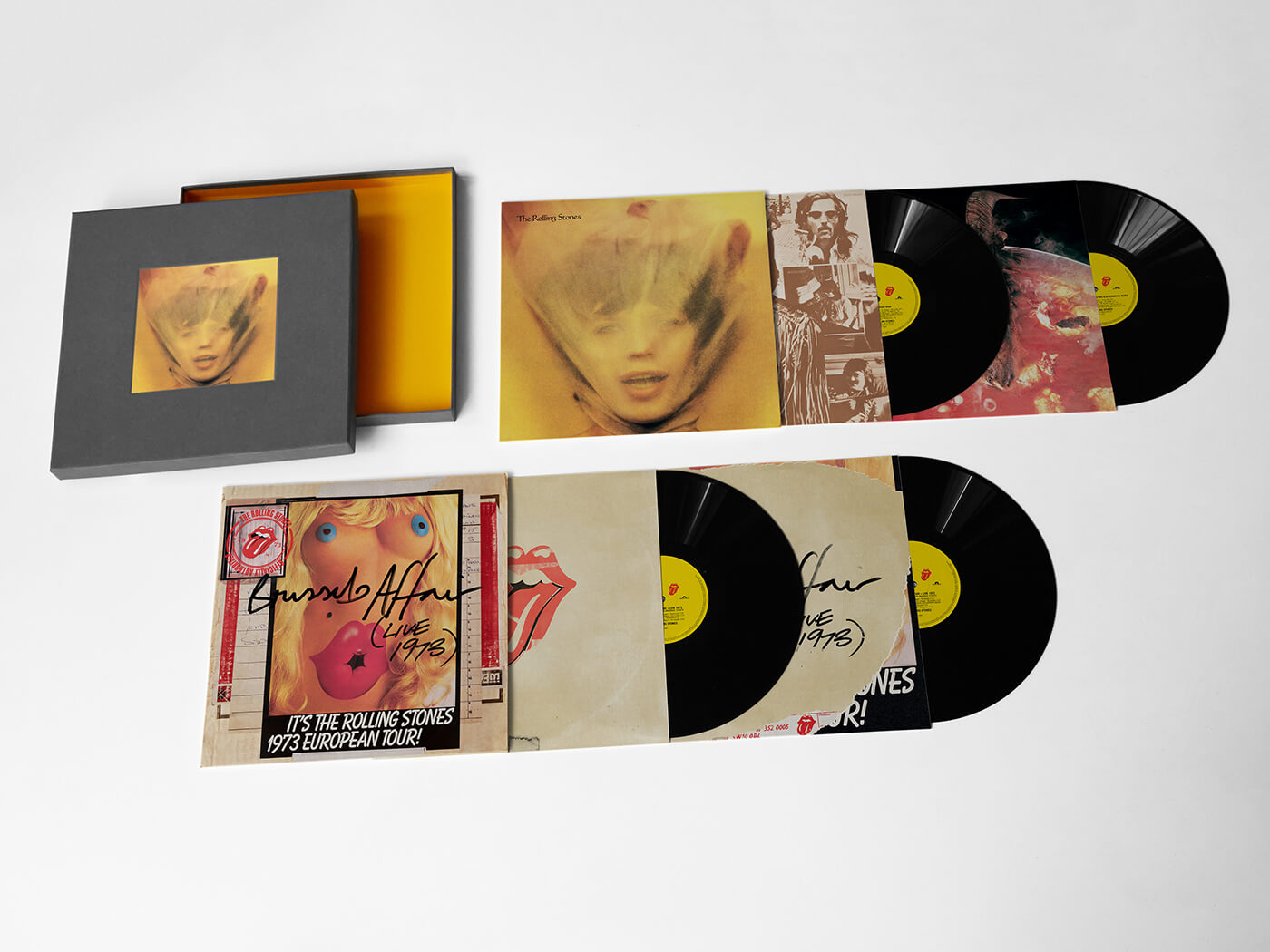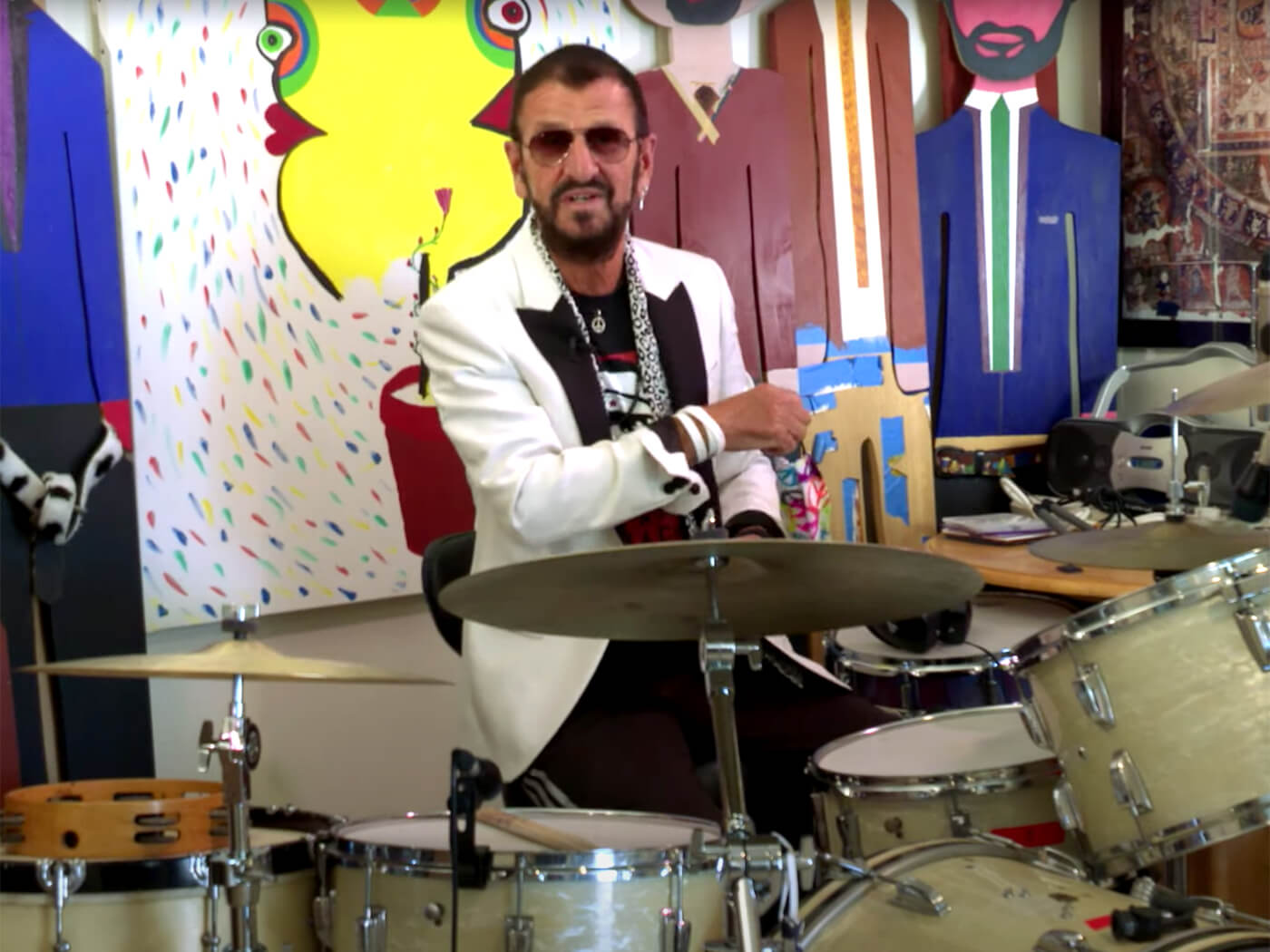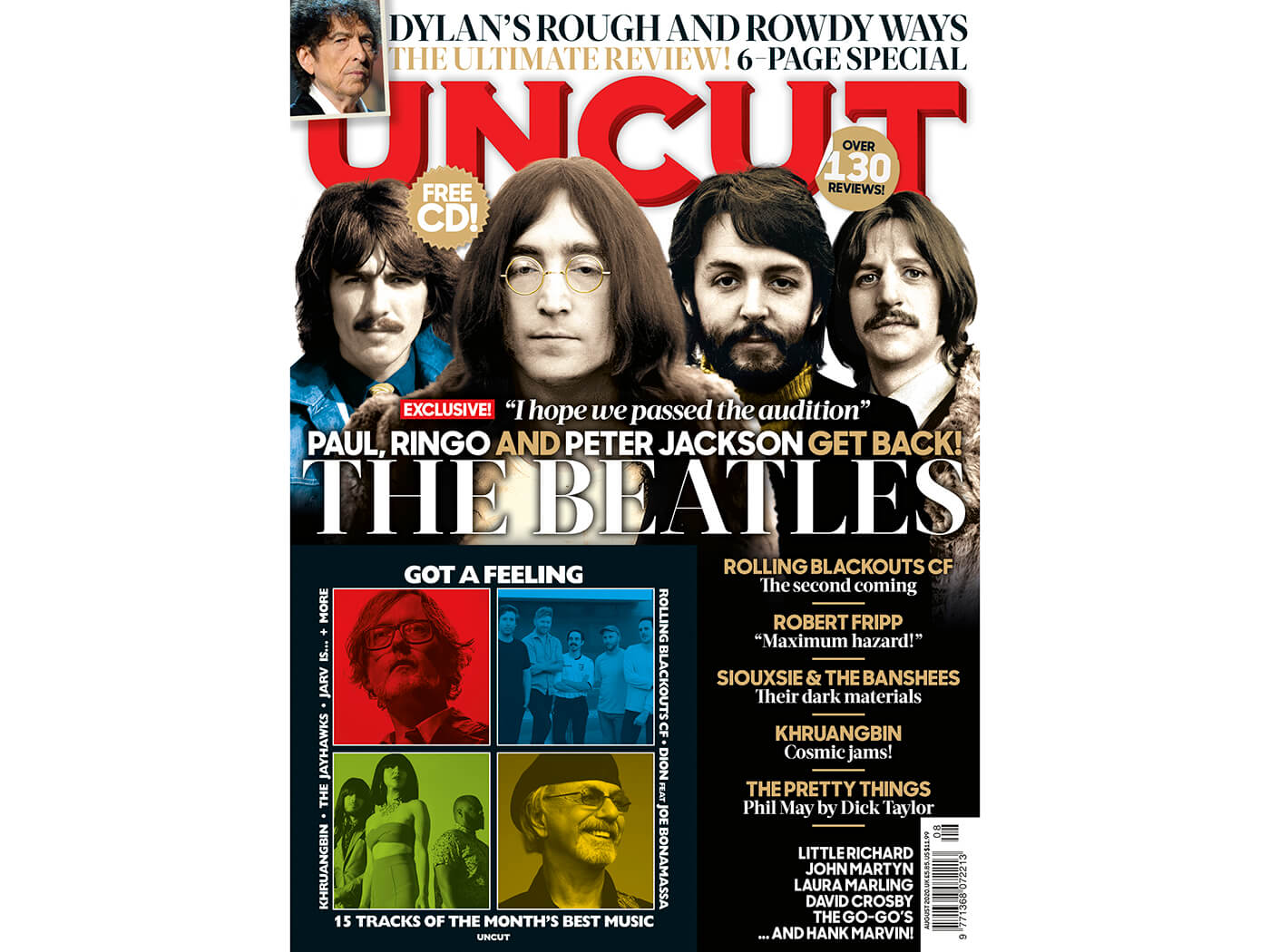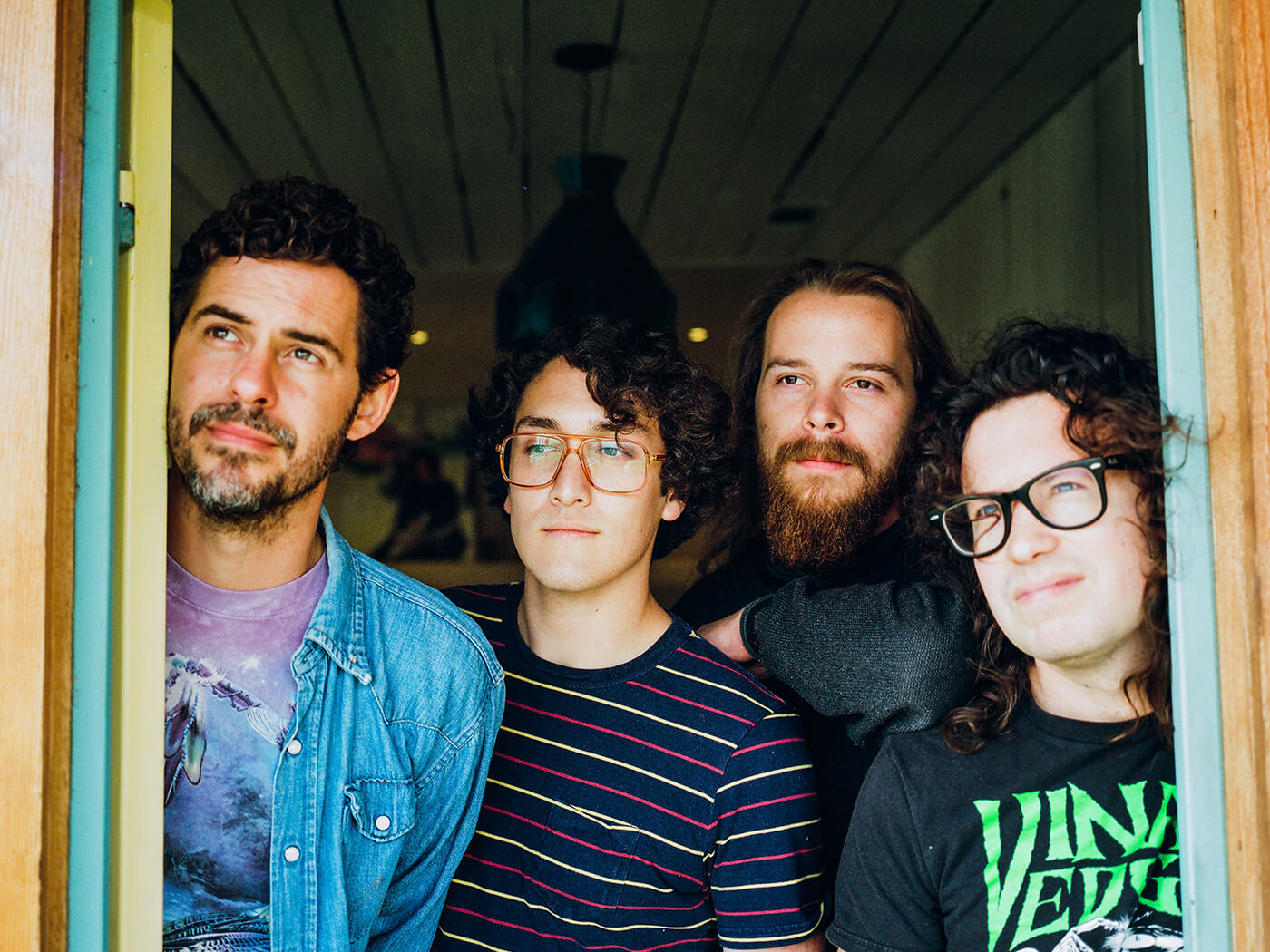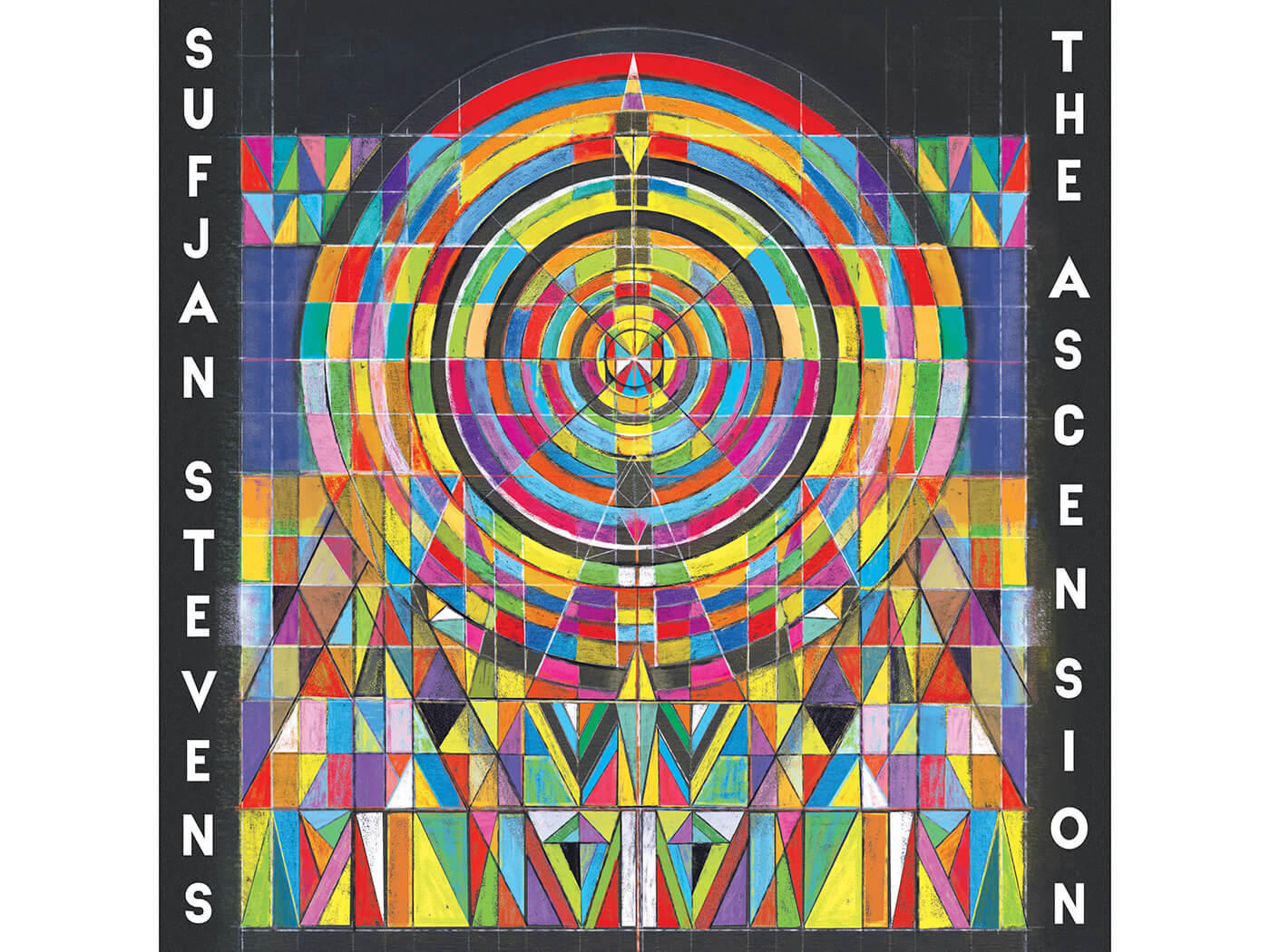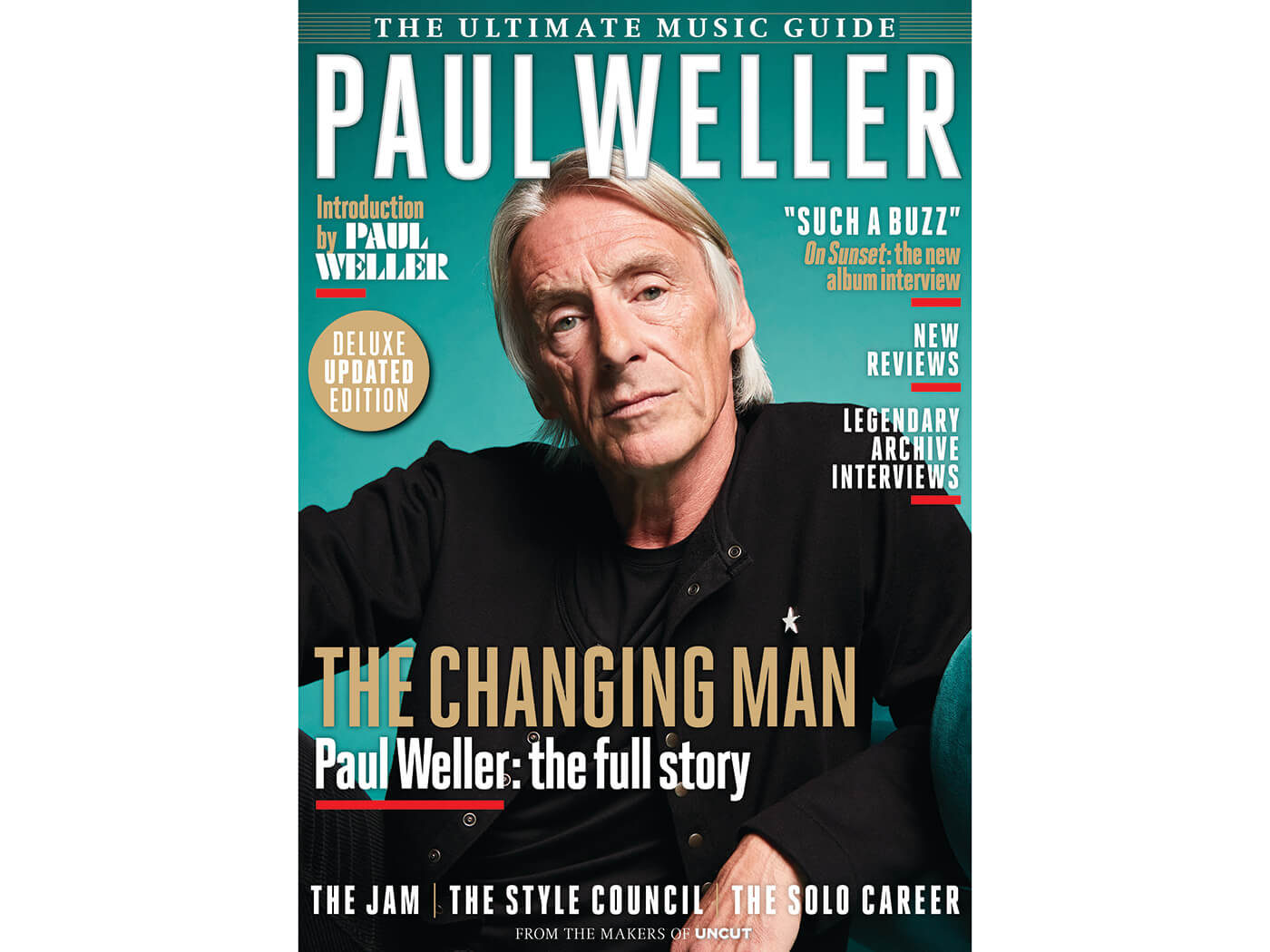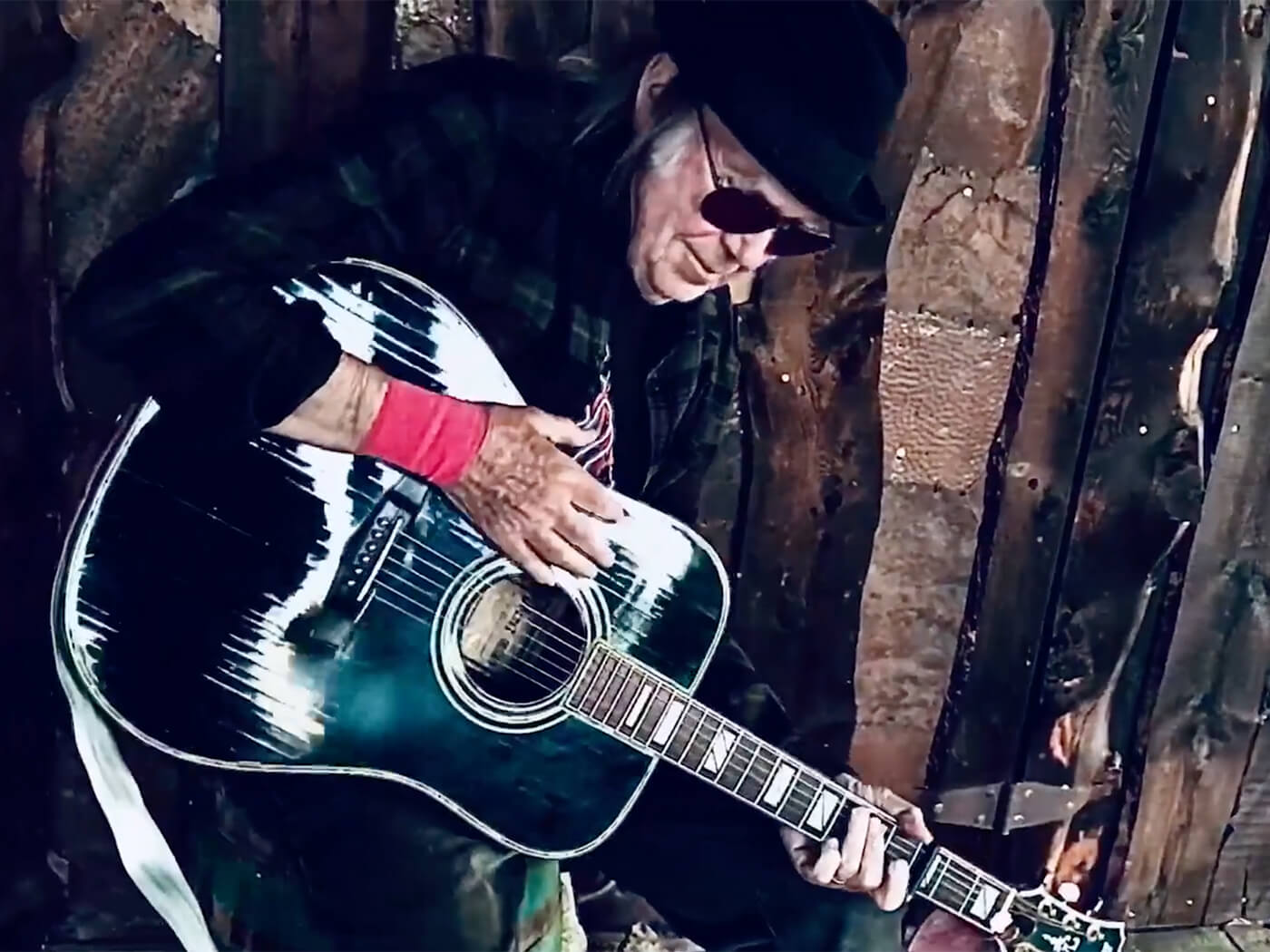CLICK HERE TO GET THE NEW UNCUT DELIVERED DIRECT TO YOUR DOOR
Peter Gabriel, Michael Stipe, The Flaming Lips, Toots & The Maytals, Tanya Donelly, Tim Buckley, David Bowie, Archie Shepp, Jonathan Richman, Mary Chapin Carpenter and The Rolling Stones all feature in the new Uncut, dated September 2020 and in UK shops from July 16 or available to buy online now. As always, the issue comes with a free CD – this time comprising 15 tracks of the month’s best music.
PETER GABRIEL: In his first interview for five years, Gabriel looks back on his ever-evolving career – from prog overlord to art rocker, world music emissary, pop star and beyond. There are fox heads, 7/4 time signatures, “post-hippie psychological games” and talk of a new album. “I have enough songs to make a record I’m proud of…” We also revisit the making of his ground-breaking ‘Melt’ LP with those who helped him create it.
OUR FREE CD! I Have The Touch: 15 fantastic tracks of the month’s best music, including cuts from Fontaines DC, The Flaming Lips, Kathleen Edwards, The Lemon Twigs, Shirley Collins, HC McEntire, The Waterboys, Mike Polizze and more.
This issue of Uncut is available to buy by clicking here – with FREE delivery to the UK and reduced delivery charges for the rest of the world.
Inside the issue, you’ll find:
MICHAEL STIPE: As he returns to the front line, the singer tells Uncut about his “positive” new songs, writing for marching bands, and why he’s not trying to compete with his legacy: “I don’t have to please anyone but myself…”
THE FLAMING LIPS: Wayne Coyne explains how he’s using his “main superpower” to guide the band through the next phase of their wayward career, bring up his baby son and tend to the menagerie in his Oklahoma City compound – “We have the greatest lives…”
TOOTS & THE MAYTALS: He’s survived false imprisonment, “deep-down scams” and a stage name he hates – but how did Toots make the journey out of Kingston to became one of reggae’s first stars? “You have got to be tough,” he tells Uncut. “Don’t just give up in life… believe in what you believe in.”
TANYA DONELLY: Album by album, from her work with Throwing Muses, The Breeders and Belly to her new solo LP.
DAVID BOWIE: The making of “Absolute Beginners”.
JONATHAN RICHMAN: Friends, fans and former collaborators guide Uncut through Richman’s extraordinary musical adventures. But what next? A Modern Lovers reunion, or a career in stonemasonry? “There was very little that was orthodox about Jonathan,” says John Cale.
ARCHIE SHEPP: The free-jazz firebrand and educator talks Miles Davis, Frank Zappa and alternate career paths… “I could have been a rock’n’roll star!”
MARY CHAPIN CARPENTER: The singer-songwriter chooses the albums that have shaped her life and music.
TIM BUCKLEY: With the help of closest collaborators, we take a look at the remarkable 12 months, 50 years ago, when Buckley pushed his music in disorientating, fractured directions. The result was his masterpiece, Starsailor.
THE ROLLING STONES: At home with the Stones! In these amazingly candid pictures from the late ’60s, many unseen until now, official band photographer Gered Mankowitz takes us through the group’s keyholes.
CLICK HERE TO GET THE NEW UNCUT DELIVERED DIRECT TO YOUR DOOR
In our expansive reviews section, we take a look at new records from Mike Polizze, Fontaines DC, Shirley Collins, The Waterboys, Roy Ayers, HC McEntire, Kathleen Edwards, James Dean Bradfield and more, and archival releases from Jason Molina, The Stooges, PJ Harvey, Art Blakey & The Jazz Messengers and others. We catch Martha Wainwright and Ty Segall live online; among the films, DVDs and TV programmes reviewed are Family Romance, LLC, Rockfield and Dennis And Lois; while in books there’s Hawkwind and Levon Helm.
In our front section, meanwhile, we revisit the 1970 Krumlin Festival, catch up with Kevin Rowland, and meet Rio’s funky, righteous Thiago Nassif and crack ’70s sessioneers The Immediate Family.
You can still pick up a copy of Uncut in the usual places, where open. But otherwise, readers all over the world can order a copy from here.
For more information on all the different ways to keep reading Uncut during lockdown, click here.


